The month of September marks World Alzheimer’s Month. The terms dementia and Alzheimer’s are often used interchangeably. However, the two have very different meanings.
Dementia is an umbrella term, describing a range of symptoms. Alzheimer’s disease is one type of dementia, but it’s not the only one. While they both refer to declining neurodegenerative capabilities, it’s important not to confuse the two.
Why is the difference between Alzheimer’s and dementia important?
Different conditions require different medical approaches. Learning about the difference between the two conditions can help to provide caregivers and family members with the necessary information.
What is Dementia?
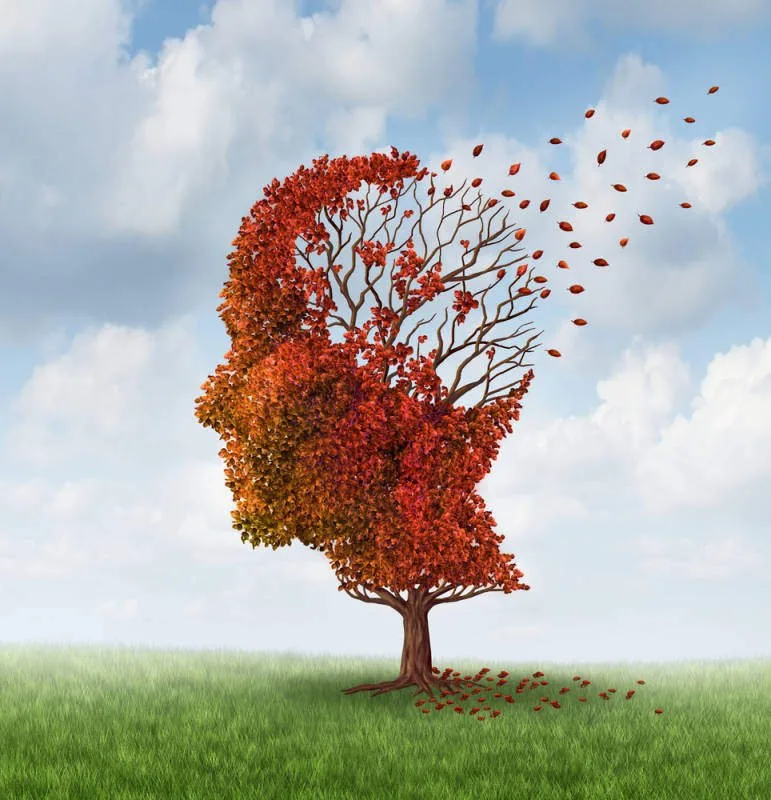
Lightspring/Shutterstock
Dementia is a group of symptoms that affect one’s daily life by affecting cognitive tasks. These tasks include memory, thinking, language, problem-solving as well as language and visual perception. According to the World Health Organization, around 50 million people around the world are currently living with dementia.
While Alzheimer’s disease is the most common form of dementia, accounting for almost 80% of all dementia cases, there are several other types, which include:
- vascular dementia: brain cells are destroyed as a result of high blood pressure. This form of dementia often occurs after a stroke.
- Lewy dementia: an abnormal build-up of protein in the brain
- frontotemporal disorders: types of dementia resulting from damage to the frontal and temporal lobes of the brain
- mixed dementia: multiple types of dementia at once
What causes dementia?
Dementia occurs when brain cells are damaged, causing a disruption in communication.
Age is the main risk factor when it comes to dementia. Around 50% of people aged 85 and older may have a type of dementia. That said, there are many other things that can cause dementia, and this includes:
- Infections
- Stroke
- Depression
- Drug abuse
- High blood pressure
- Diabetes
- High blood cholesterol
- Alcoholism
- Thyroid or liver disease
Symptoms of dementia
One of the first symptoms of dementia is forgetfulness, so it’s easy to overlook this.
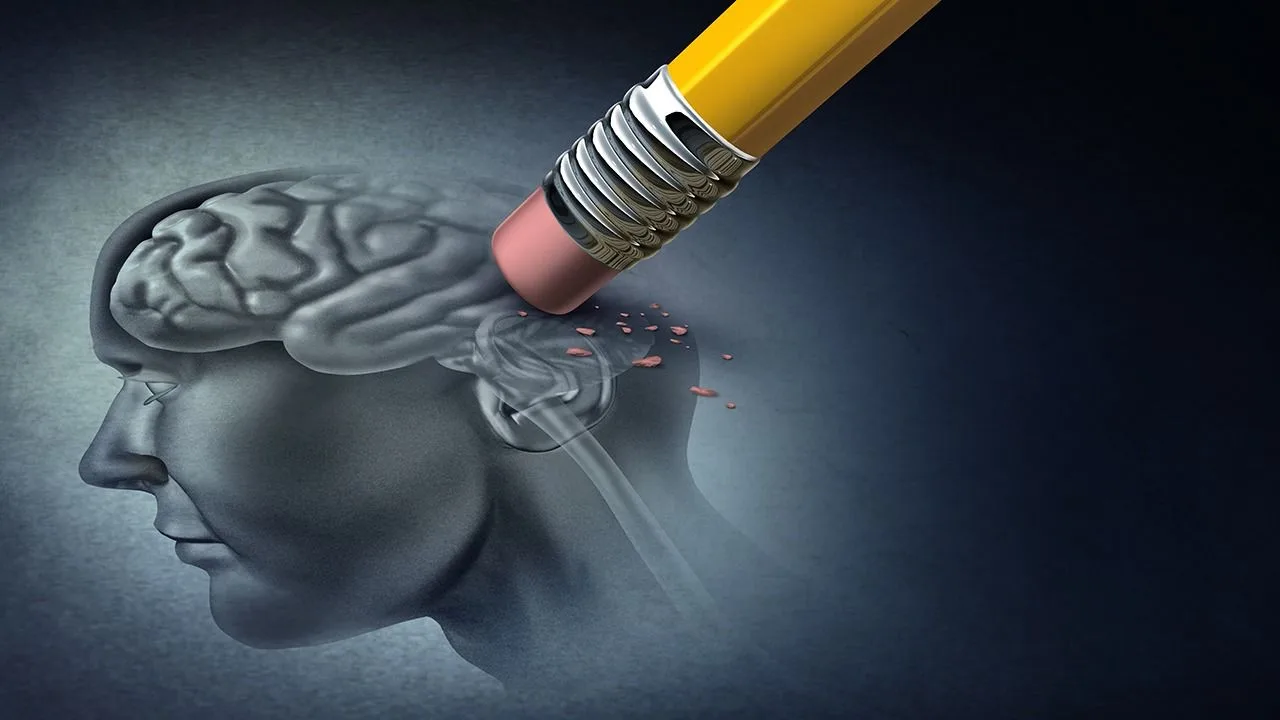
Lightspring/Shutterstock
As a result, most dementia patients may only get to see a doctor once significant damage has already been done. As the condition progresses, the forgetfulness becomes more pronounced, and it’s joined by confusion.
It soon becomes harder for the person to keep track of time. They also struggle with recalling names, places, and faces. You may also notice that they’re constantly repeating the same questions.
According to Jane Byrne, Project Manager from a nursing home in Bray, “Eventually, people with dementia find it hard to care for themselves. Before long, they begin to experience depression and can become quite aggressive and hostile.”
Treatment for dementia
The treatment of dementia depends on its cause.
For instance, treatment for vascular dementia will have a strong focus on reducing one’s stroke risk, and protecting the brain’s blood vessels.
What is Alzheimer’s disease?
Alzheimer’s disease is the most common type of dementia, and it is estimated that around 40 million people in the world have Alzheimer’s, with only 1 in 4 being diagnosed with the disease (1).
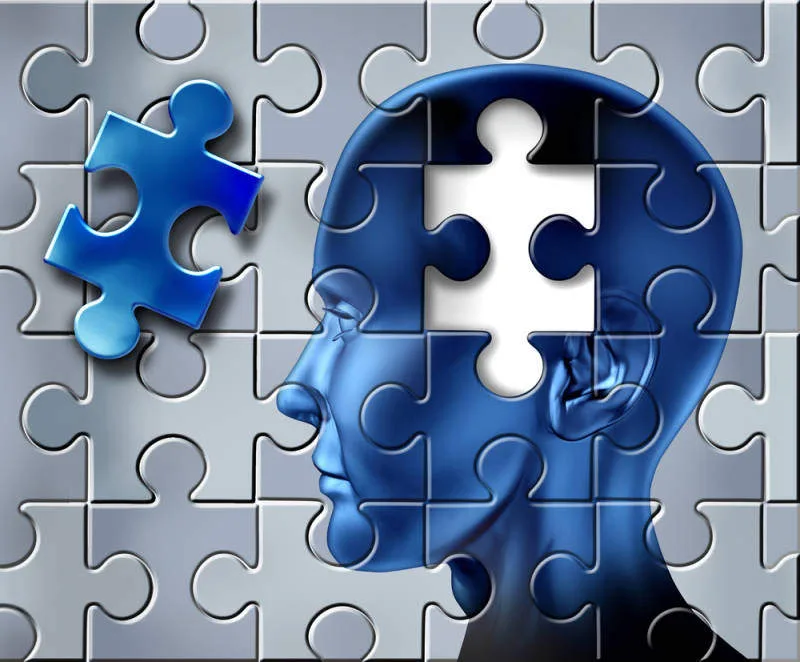
What does Alzheimer’s do to the brain?
Alzheimer’s occurs as a result of abnormal protein deposits forming plaques in a person’s brain.
These plaques then affect the brain cells and damage their ability to communicate. Before long, the cells die out, and, in some cases, the size of the brain shrinks (2).
Signs and Symptoms of Alzheimer’s Disease
Common symptoms of Alzheimer’s include:
- confusion
- disorientation
- memory problems
- difficulty recalling past events
- difficulty remembering new information
- behavioral changes
As mentioned, Alzheimer’s disease can affect brain cells and as the condition progresses, symptoms become so severe that, speaking, swallowing, and walking becomes difficult.
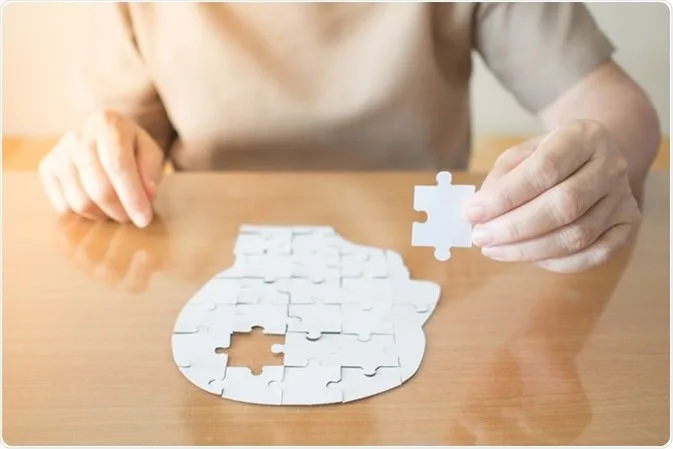
Orawan Pattarawimonchai/Shutterstock
Alzheimer’s treatment
Unfortunately, there’s no cure for Alzheimer’s, however, there are ways to manage the symptoms. These can take the form of medications, as well as alternative remedies and lifestyle changes that may include following the Mediterranean diet and engaging in regular physical activity.
What’s more, you can also adopt a lifestyle that can help you reduce your risk for Alzheimer’s as one study found that at least up to 35% of dementia cases can be prevented
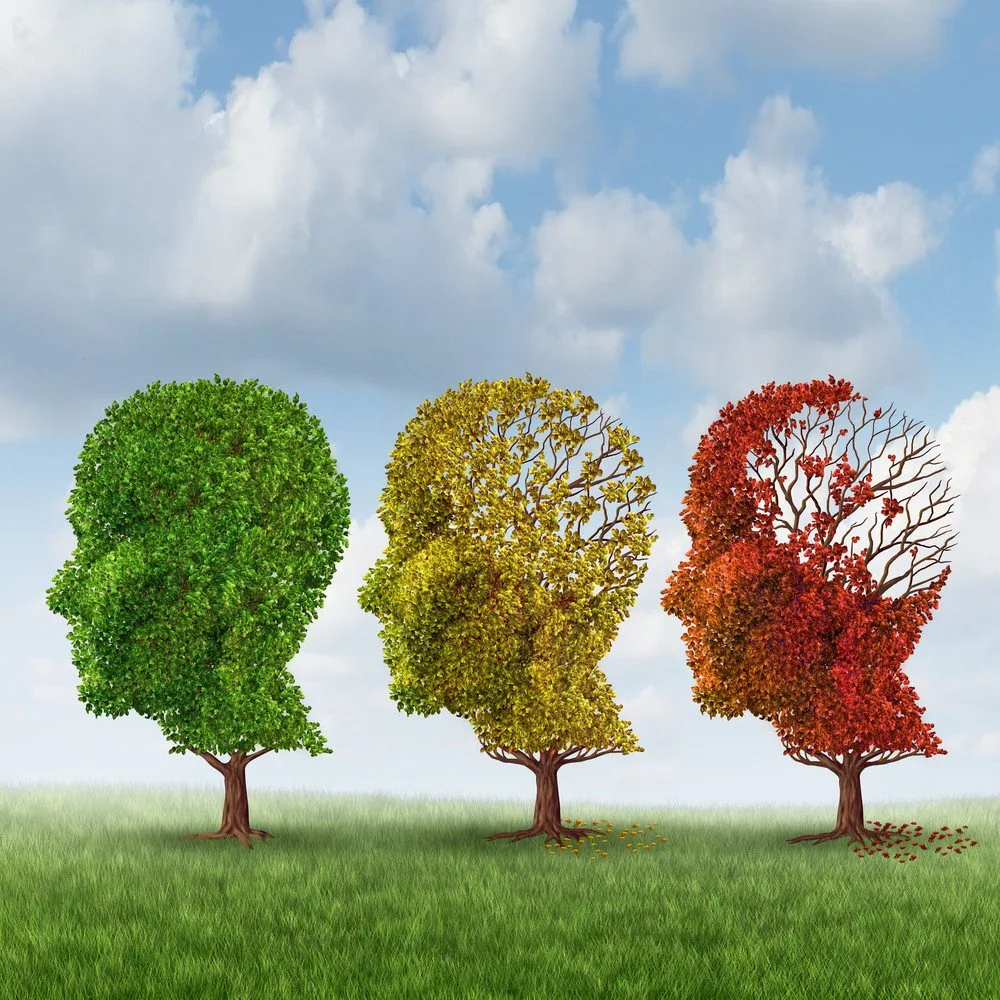
Drowning With Dementia
In this personal account, Dulcie shares her experience of what it’s like to live with a dementia diagnosis as a life partner. Dulcie’s story is brutally honest. It also provides useful insights on how to identify and then cope with dementia.
References
Montero-Odasso, M., Ismail, Z., & Livingston, G. (2020). One-third of dementia cases can be prevented within the next 25 years by tackling risk factors. The case “for” and “against”. Alzheimer’s research & therapy, 12(1), 81. https://doi.org/10.1186/s13195-020-00646-x


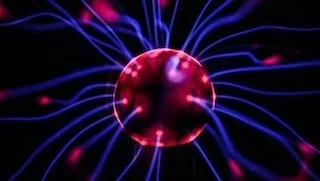


![women [longevity live]](https://longevitylive.com/wp-content/uploads/2020/01/photo-of-women-walking-down-the-street-1116984-100x100.jpg)










Wow, I never knew that Alzheimer’s much more than a memory-related condition and that it could interfere with such basic functions as walking around and speaking. This has me worried for my father who’s been showing some signs of short-term memory loss lately, as he’s been constantly asking us to repeat things we’ve said even 10 seconds ago. As early as now, I’ll make sure he gets the care he needs by looking for any Alzheimer’s caregivers that can assist us.